Dhaka, May 1 (V7N) — Leading business leaders in Bangladesh have called for an end to tax-related harassment and bureaucratic complications, urging the government to ensure uninterrupted electricity and gas supply to support industrial operations.
These demands were voiced at the 45th meeting of the National Board of Revenue’s (NBR) Advisory Committee, jointly organized by the NBR and the Federation of Bangladesh Chambers of Commerce and Industry (FBCCI), held on Wednesday at Hotel Sonargaon in the capital.
Chief Guest Dr. Salehuddin Ahmed, Financial Adviser to the Government, and Special Guest Sheikh Bashiruddin, Commerce Adviser, attended the event. NBR Chairman Md. Abdul Rahman Khan presided over the session. Other government representatives included Chowdhury Ashiq Mahmood, Executive Chairman of the Bangladesh Investment Development Authority (BIDA), and Mainul Khan, Chairman of the Bangladesh Tariff Commission. The meeting was moderated by Hafizur Rahman, Administrator of the FBCCI.
Concerns Over VAT Bureaucracy and Harassment
Among the business leaders, BKMEA President Mohammad Hatem criticized the existing VAT collection process, stating that companies are often required to submit unnecessary documentation, which VAT officials delay without justification, leading to significant disruptions in business operations. “These practices must be eliminated to ease the burden on businesses,” he said.
BTMA President Shawkot Aziz highlighted rising bureaucratic hurdles, pointing out that textile machinery import approvals, once issued by BTMA, are now under the NBR's control—causing delays and additional steps. “In some cases, businesses are paying Tk 50,000 in bribes just to clear Tk 30,000 in duties,” he alleged.
Mostafa Kamal, Chairman of Meghna Group of Industries, expressed frustration over the lack of gas and electricity at their $600 million investment site in the Cumilla Economic Zone. “While we are encouraging foreign investors, local entrepreneurs are being held back by an energy crisis,” he said. Kamal also urged NBR not to indiscriminately scrutinize bank accounts or tax records following political changes unless there are specific allegations, as such actions damage business confidence.
BGMEA Administrator Anwar Hossain raised concerns over complications with HS codes and called for their resolution. He also pointed out that fiber recycling currently faces a 22% VAT, whereas other countries offer incentives. He demanded VAT exemptions in this sector.
Call for Tax Reforms and Expansion
Habibullah N Karim, Senior Vice President of the MCCI, said that despite ongoing discussions about expanding the tax net, progress remains limited. “As a result, the tax burden continues to increase on those already paying. We need effective steps to correct this imbalance,” he stated. He also pointed out that many business expenses are not approved for tax deduction, causing effective tax rates to rise above the stated rates.
Rajib Chowdhury, Senior Vice President of the Dhaka Chamber of Commerce & Industry, noted that 84% of national revenue is collected from Dhaka and Chattogram alone. “Revenue collection must be expanded to other districts,” he urged, while also emphasizing the need to simplify the tax filing process.
Speaking on behalf of the government, BIDA and BEZA Executive Chairman Ashiq Chowdhury said the government is placing special emphasis on improving the business climate and encouraged business leaders to present specific and constructive budget proposals.
Budget Proposals from the Business Community
FBCCI Administrator Hafizur Rahman presented a set of budget proposals for the upcoming 2024–25 fiscal year. Key recommendations included:
-
Raising the annual tax-free income threshold for individual taxpayers by Tk 100,000 to Tk 450,000
-
Reducing the tax deducted at source (TDS) on all exports, including garments, from 1% to 0.5%
-
Gradually reducing the Advance Income Tax (AIT) rate on imports to lower operational costs
-
Lowering the effective tax rate on businesses
The meeting highlighted growing concern among the country’s business leaders over administrative inefficiencies, excessive tax pressures, and energy shortages — issues they say must be urgently addressed to ensure a supportive environment for investment and economic growth.
END/SMA/AJ/




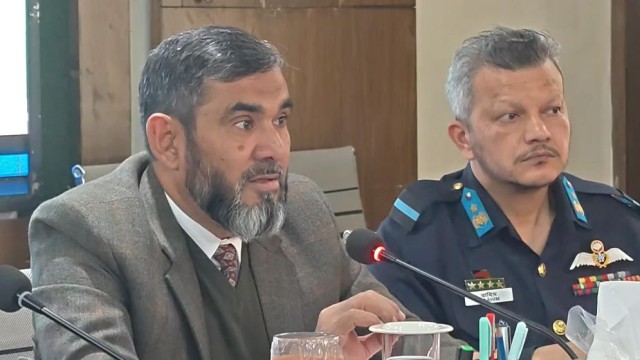
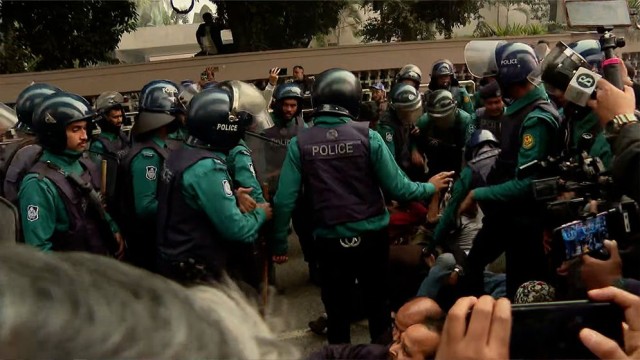



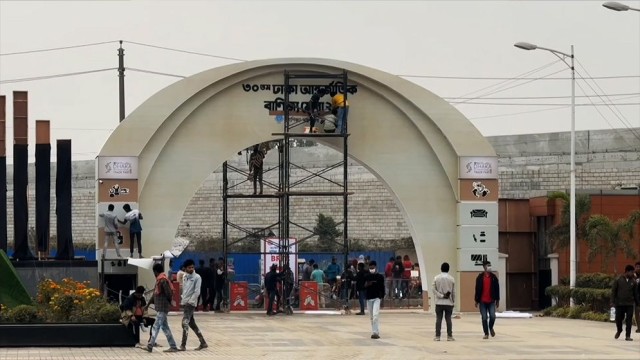






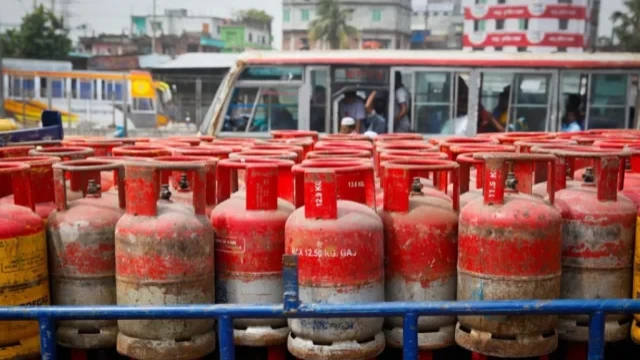
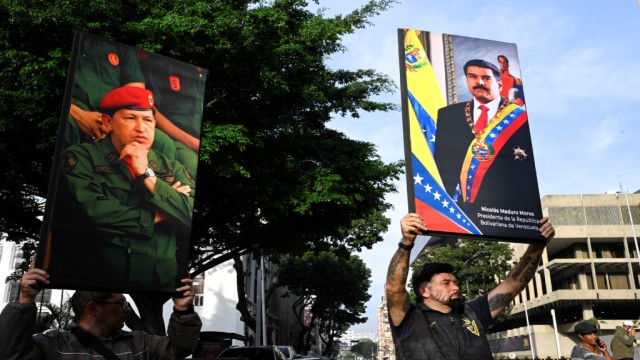

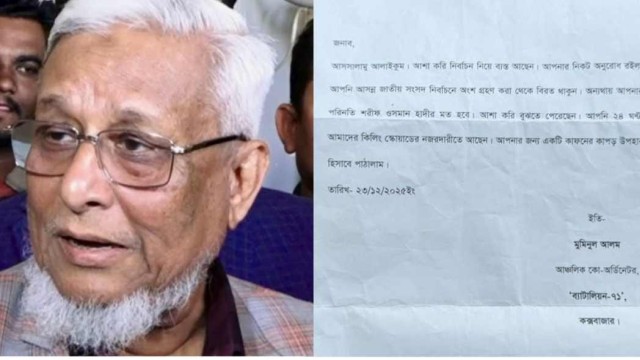








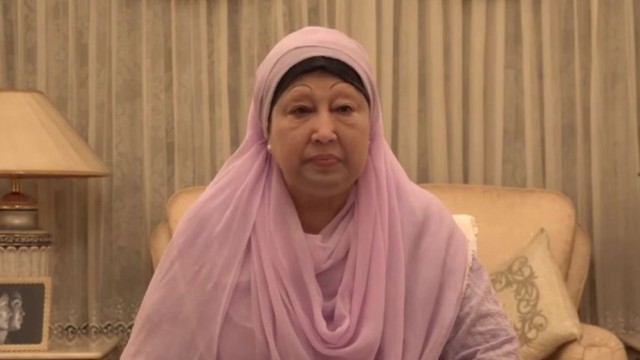
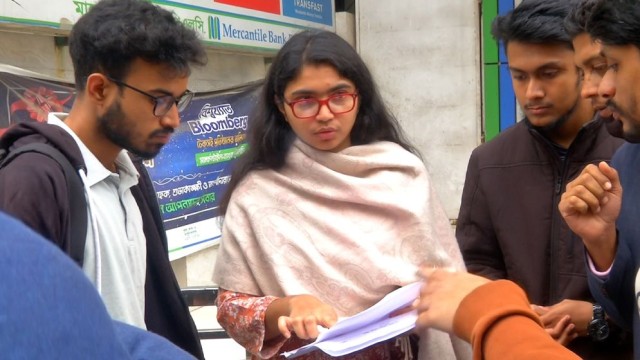

Comment: